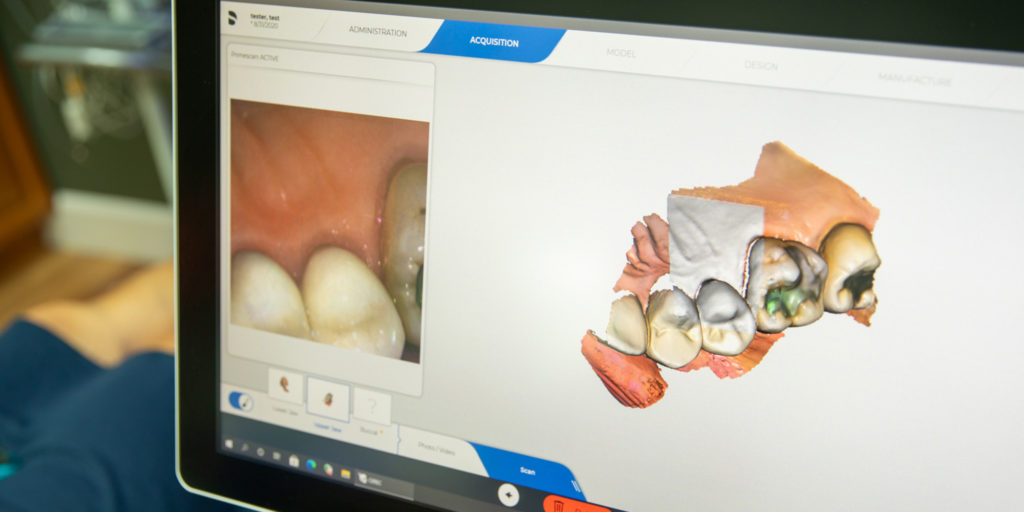

Note: We may not offer this service. Call (931) 391-3089 to learn more.
Subperiosteal dental implants are a tooth replacement option for patients with insufficient jawbone density. Unlike traditional implants, subperiosteal implants are not placed directly into the jaw bone but are positioned under the gum line, sitting on top of the bone.
These implants consist of a custom metal frame that fits the patient’s jaw and is anchored using small posts that protrude through the gums to support the prosthetic teeth. The artificial teeth can be fixed or removable, depending on the patient’s preference. Call (931) 391-3089 to learn more from our dentist in Spring Hill, TN.
Due to advancements in dental technology, subperiosteal implants are rarely used today.

Subperiosteal implants offer several benefits, including:
While subperiosteal implants can be an effective solution, they come with certain drawbacks:
Subperiosteal implants have become less common due to advancements in bone grafting, which allows more patients to receive traditional endosteal implants. Bone grafting can restore enough jawbone density for a patient to get a traditional implant, which is less complex and easier to maintain than subperiosteal options.
Subperiosteal implants can also cause discomfort and may be harder to clean, increasing the risk of infection. Their complexity requires a higher level of expertise, limiting the number of dentists who can perform the procedure.
With modern alternatives like endosteal and zygomatic implants now widely available, subperiosteal implants are typically only used in very specific cases.
Due to advancements in dental technology, subperiosteal implants are no longer the go-to solution. Some common alternatives include:
To learn more about these treatments, contact our Spring Hill, TN dentist. If dental implants aren’t right for you, we also offer other solutions like dental bridges or removable dentures.

Zygomatic dental implants are made of high-quality materials, and, with proper care, they can last a lifetime. However, just like traditional dental implants, the lifespan of a zygomatic implant can vary from patient to patient, depending on factors such as oral hygiene and overall health.
As with any surgical procedure, there are potential risks associated with placing zygomatic dental implants. These include:
However, these risks are generally low when the procedure is performed by a qualified and experienced oral surgeon or dentist.
The recovery process can vary from patient to patient, but most patients can expect to return to their normal activities within a few days to a week after the procedure. However, it may take several months for the implant to fully integrate with the bone and for the final restoration to be placed on traditional implants.
Achieve your dream smile and replace your missing teeth with zygoma implants. To learn more about zygomatic implants and if they’re the best choice for your dental needs, contact your dentist today. Contact Dentistry By Design in Spring Hill, TN, at (931) 391-3089 to schedule your consultation.
I understand the information disclosed in this form may be subject to re-disclosure and may no longer be protected by HIPAA privacy regulations and the HITECH Act.